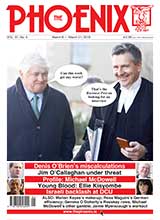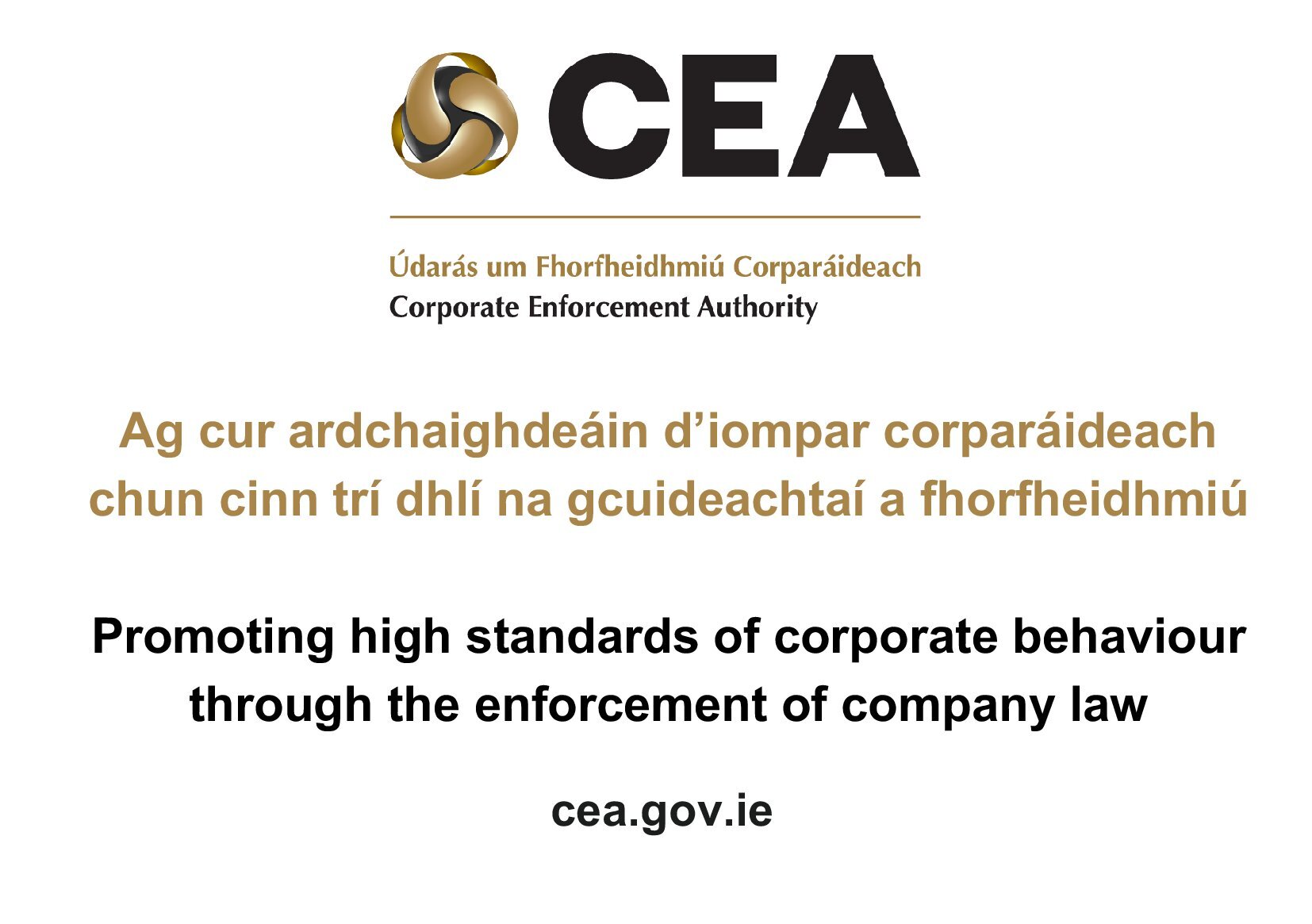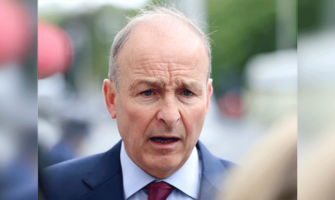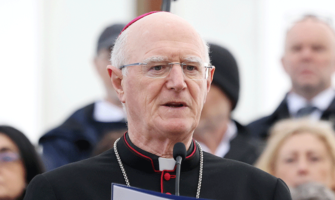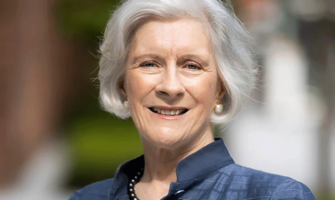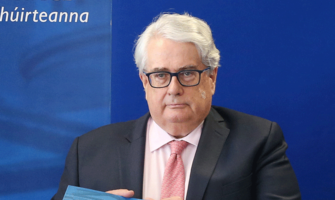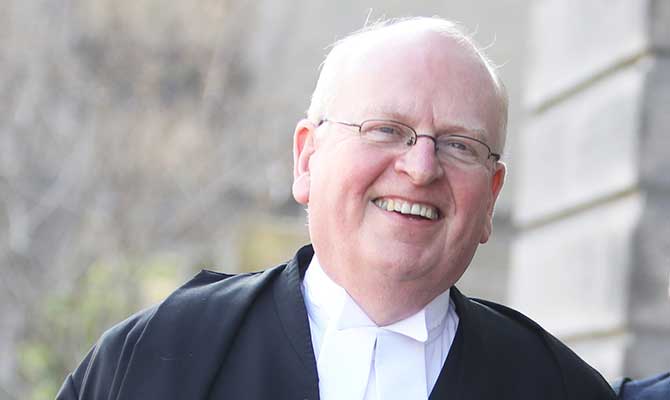
Michael McDowell
PRESENTING AS St George fighting Denis ‘The Dragon’ O’Brien during the billionaire’s recent libel case against the Sunday Business Post, Michael McDowell stole the show. Senior counsel, senator, former tánaiste and minister as well as leader of the Progressive Democrats, McDowell has prowled around the edges of national politics since he lost his Dáil seat in 2007. At 67 he may only have one last shot at political resurrection, a prospect that is causing some anxiety in both Fine Gael and Fianna Fáil in Dublin Bay South (DBS). And last week’s victory over the archetypal fat cat, O’Brien, will have boosted McDowell’s cred among voters.
McDowell’s joust with O’Brien – just the latest of several down the years – put his name in lights again and his excoriating rhetoric against cartoon capitalist O’Brien was pure theatre. O’Brien, he thundered in the High Court, wanted to “put down” people (ie Post journalists) who “keep our democracy going by telling us the truth”; his case was “disgraceful, wholly unfounded, manufactured, false, irresponsible and malicious”; and he wanted to “exercise power” over the Post. The barrister-politician gave the billionaire both barrels and much more besides in the latest confrontation between the two.
That O’Brien’s own counsel, Paul O’Higgins, devoted much of his defence summation to rebutting these colourful accusations indicated that O’Brien’s side believed McDowell’s tour de force could have impressed the jury, a correct estimation as it turned out.
McDowell has inflicted his talent for invective on O’Brien repeatedly down the years and an excoriating article in 2012 – just as O’Brien was about to prise Independent News & Media from the O’Reilly family – was a classic. Referencing the Moriarty Tribunal, McDowell described O’Brien as “a man who was found by the Moriarty Tribunal to have spent years attempting to funnel hundreds of thousands of pounds in a clandestine way into the hands of Michael Lowry”. He described O’Brien and his fellow INM shareholder, Dermot Desmond, as oligarchs and stated that Ireland was “in danger of going the way of Putin’s Russia or Berlusconi’s Italy. Very wealthy men who don’t like tribunals or their reports, and who have adopted foreign residence to avoid paying our taxes, will dominate our media”.
The former minister penned many other eloquent and lengthy articles on media monopoly – O’Brien’s monopoly – and much of his dismay was stimulated by his closeness to Tony O’Reilly Snr, who was unceremoniously ousted from INM by O’Brien. When McDowell attacked O’Brien for his challenge to Dáil privilege in 2015, the media mogul responded that he was on a “long-term retainer from Independent News & Media and Tony O’Reilly for many years. He always has something to say about me but, underlying everything, you have to look at his agenda, which he always fails to declare.”
O’Brien also remarked that McDowell had worked for the Moriarty Tribunal for free, raising another clash between the two, as when the latter was hired to cross examine Danish consultant Michael Anderson at the tribunal in 2010. Anderson had worked for the state during the controversial mobile phone licence competition in 1995 and had stated that minister Michael Lowry had not interfered with it. Another heavy-hitting senior counsel and political protagonist, FF TD Jim O’Callaghan, then acting for O’Brien at the tribunal, argued that McDowell should not act as barrister for the inquiry. McDowell, he claimed, had been a political adversary of Lowry in the past and had questioned the then minister in 1995 about the granting of the phone licence.
There are other reasons for McDowell’s critique of Ireland’s richest man, including his friend and journalist Sam Smyth’s forced exit from INM following his tenacious and critical coverage of the tribunal. But overall, McDowell appears to have a genuine distaste for the man described by the Moriarty Tribunal as having made payments to Lowry that were “demonstrably referable to the acts and conduct of Mr Lowry in regard to the [licence] process, that inured to the benefit of Mr O’Brien’s winning consortium, Esat Digifone”, findings which both O’Brien and Lowry have continuously denied.
ANOTHER AGENDA
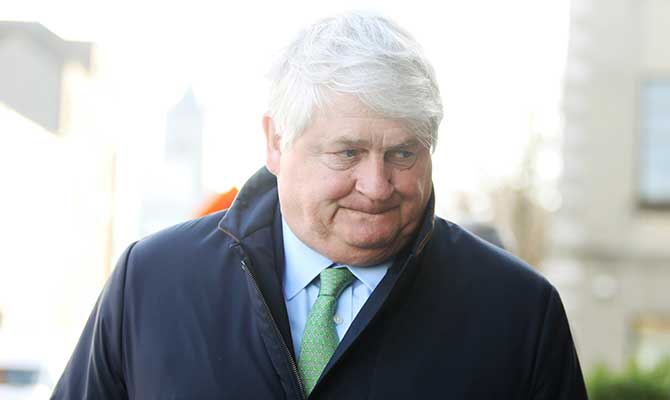
Denis O’Brien
There is, perhaps coincidentally, another backstory being played out by McDowell in his continuing assaults on the media and telecommunications baron. Middle Ireland retains a sneaking regard for buccaneering, self-made millionaires like Michael O’Leary and JP McManus, but O’Brien’s overweening quest for wealth, power and public acclaim has alienated many middle-class and establishment people that would ordinarily admire his successes. O’Brien’s imperious persona has created a competitive desire among commentators to denounce him but, while many journalists within and without INM have felt the chill of libel threats from O’Brien, the high-earning barrister, McDowell, has little to fear from him. Posing as the champion of probity in public life, McDowell comes over as O’Brien’s chief antagonist in the High Court, the Moriarty Tribunal, the media and Leinster House.
This is not a bad public image for someone who pines for a return to political high office in the same way that O’Brien craves public endorsement. And there are several reasons to indicate that McDowell is planning another bid to return to the Dáil and, who knows, the cabinet.
Those close to McDowell describe his obsession with politics as an addiction and, despite his emotional declaration of exiting public life following his 2007 general election defeat, he endured political cold turkey quickly afterwards. Less than two years later, he engaged in intense negotiations about rejoining FG with handler Frank Flannery and general secretary Tom Curran, Wary party leader Enda Kenny monitored events from a discreet distance. There was much opposition from the parliamentary party, whose members had been pilloried mercilessly over several years by their former colleague when he became the PDs’ attack dog. And there was even stronger opposition from the long-suffering members in Dublin South-East (now DBS).
However, the advent of another ex-PD man, Eoghan Murphy, who topped the poll in the 2009 local elections in Pembroke-Rathmines, created a strong, dual election ticket in DBS, along with the then Blueshirt princess Lucinda Creighton (until she defected to form her own party). This obviated the temptation to bring back the prodigal politician.
Undeterred, McDowell began calling for a new ‘right-of-centre’ (ie, decidedly right-wing) party almost immediately after the 2011 election. A variety of centre-right politicians then engaged in a confusing dance with interchangeable partners like Shane Ross, Lucinda Creighton, Denis Naughten and others flirting and competing with each other at the same time. Ross made clear his opposition to collaboration with McDowell and so it looked like a pact with Lucinda might be on the cards.
However, Creighton made contradictory noises about McDowell, telling the Sindo in January 2014 that he was “intimately associated with the regime that failed the country” and she didn’t invite him to her monster meeting in the RDS that month. The following May, Lucinda apparently revised this estimation saying – again in the ever so helpful Sindo – that McDowell’s “participation will and should be welcome in any new political movement”. But his shared DBS constituency with Lucinda was an insuperable obstacle. Despite her céad míle fáilte, Lucinda’s subsequent, sweetly delivered suggestion that he ought to consider standing in the adjoining Dublin South constituency was an unmistakable invitation to go away. Both politicians knew there was not enough room for the two of them in DBS and, if one had to drop out, it was not going to be Creighton. Without a Dáil seat after the 2016 election (like Lucinda, as it transpired) Michael looked to be going nowhere.
Unfazed, McDowell eyed up the Seanad while simultaneously calling, yet again, for a new “pop-up centre/centre-right party” (sic), indicating that the Seanad was for him merely a stepping stone to greater things. He strolled into the Seanad in April 2016, coming second to Ronan Mullen but well ahead of the third and final winner, Alice-Mary Higgins on the NUI panel.
The move from centre-right to centre/centre-right indicates a more eclectic outlook than that of the previous ‘radical-or-redundant’ politician. The new senator’s collaboration with Sinn Féin MEP Lynn Boylan in an effort to draft an anti-media monopoly bill (tilting at O’Brien again) surprised many of his admirers. And the most PC person in the western world, Katherine Zappone, bonded with the former PD hard man when supporting him in his Seanad election campaign.
McDowell has since performed like a political and legal force of nature, with high-profile interventions in several forums. He managed to position himself front stage in the Oireachtas with a speech responding – along with party leaders – to EU Brexit negotiator Michel Barnier in May 2017.
WHITE KNIGHT
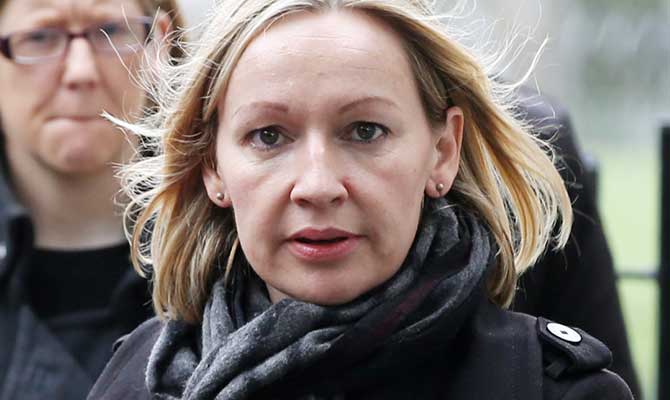
Lucinda Creighton
He also became legal representative for garda whistleblower Sgt Maurice McCabe. As in his defence of the Post, McDowell presented as the white knight standing up to the big boys (in blue), combining legal expertise with an adept eye for seizing the high moral and political ground publicly.
McDowell has taken charge of the Maurice Manning report on Seanad reform, drafting a bill to give effect to the proposals and he staved off an effort by Shane Ross and FG to deprive him of the chairmanship of the Oireachtas committee to implement the reforms.
McDowell reserves a special contempt for Ross, who dared to clamber into cabinet while McDowell languished in relative obscurity. McDowell has also become the chief obstacle to Ross’s Judicial Appointments Commission Bill, rounding on the transport minister last July for his alleged personal vendetta against judges. Recently, McDowell has been the driving force in the Seanad against the bill, with a variety of delaying amendments and arguments that have irked justice minister Charlie Flanagan.
As McDowell is painfully aware (he has lost his seat three times), all politics is local. He knows that if he wants to relaunch his political career nationally, he must regain his DBS seat. It is not for nothing that McDowell’s back page column in the Post is delivered free gratis as his real payment is a weekly political platform. His recent column on the cancellation of the southern Metro extension was well judged. Rather than crudely claiming credit for being a leading partisan of the Ranelagh Resistance to the ‘Berlin Wall’ that would have divided the community, he wrote an erudite, macro analysis of the government and Dublin transport authorities planning failures. Statesmanlike or what?
His Post columns have also homed in on the iniquitous local property tax (LPT), which threatens the pauperised residents in the Ranelagh ghetto and other parts of DBS. His locally distributed brochures have also polemicised against the ‘inequality’ of culchies paying little or nothing by comparison and being subsidised by Dubliners (especially those in nice Dublin areas like DBS).
McDowell’s two-year general election campaign, as evidenced by his Post column and local literature, has focused on the Metro and the need for tax reform combined with a review of the LPT. He also rails against the beastly SF, ensuring that he will not be outflanked by FG on subversion, the IRA ‘threat’ and the rule of law that weighs so heavily on the high-stake holders in his constituency.
Both Murphy and Kate O’Connell TD tailed McDowell on the Metro, with housing minister Murphy earning ‘credit’ for scrapping the plan. And Murphy also copied McDowell’s rant against the LPT, all of which showed that FG was concerned at McDowell’ potential threat to one of their seats, specifically, O’Connell’s (see The Phoenix, 29/6/18).
But the last year has seen the consolidation of FG in Dublin and especially in DBS, where O’Connell appears to have moderated her tone and become more of a team player with Murphy. Fear of McDowell has now transferred to FF and its justice spokesperson, Jim O’Callaghan, the party’s local TD.
It is now 12 years since McDowell lost his Dáil seat and his national prominence and memory has faded. He does not have the same team around him although his son, Hugh, and previous supporter Hugh Hardiman (son of the late judge and former PD activist Adrian Hardiman) as well as former special advisor Cormac Lucey are among a coterie that still meets up to discuss affairs of the nation.
McDowell’s energy still appears to be unlimited, like his political ambition. He regularly flits from high-stakes cases in the Four Courts (he majors in commercial law and public bodies) to Leinster House for votes and back again – as he did on the day of his High Court demolition of O’Brien in the recent libel case – exemplifying his dual legal-political life style.
An interesting observation mentioned on his website in October 2017 was that among the seven “important constitutional functions” enjoyed by the Seanad was that “up to two members of the Seanad may be appointed to cabinet as government ministers”. This revealing and perhaps wishful comment was later excised from the list he published in his local literature.
For McDowell to get back into cabinet would require that he firstly took a seat in DBS at the next election and secondly that there be no grand coalition formed between the two big parties, something that would render Independents irrelevant. However, a FG-led government with Labour, Greens, Social Democrats and various Independents would provide McDowell with the main chance. Revising an old political saying, would Leo Varadkar prefer to have McDowell peeing into the tent from outside or peeing into the tent from inside?




